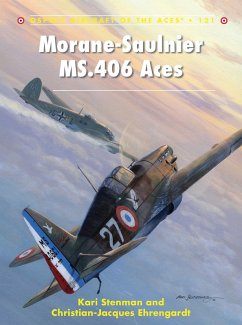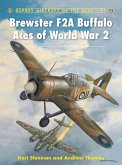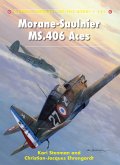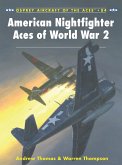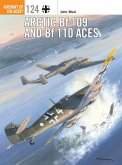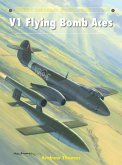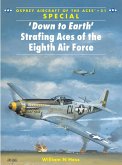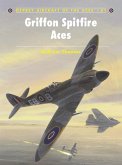The MS.406 was an important aircraft not only because it was built in larger numbers than any other French fighter of the period, but also because it was the first modern fighter in the Armée de l'Air inventory. Although comparable to the British Hurricane and early models of the German Bf 109, it was outclassed when flown against the more powerful, and faster, Bf 109E. With little or no protection (no armour or self-sealing tanks), the MS.406 sustained heavy losses during the Battle of France. Too lightly armed, and fitted with unreliable weaponry, the French fighter struggled to down German bombers. It therefore comes as no surprise that only a dozen French pilots became fully fledged aces on the type during this period, despite the aircraft being present in significant numbers. However a score of pilots, who bagged their very first kills at the controls of the MS.406, fought on after the fall of France, flying Dewoitine D.520s, Spitfires and even Soviet Yak-3s to attain ace status against both Allied and Axis opponents.
Bitte wählen Sie Ihr Anliegen aus.
Rechnungen
Retourenschein anfordern
Bestellstatus
Storno

